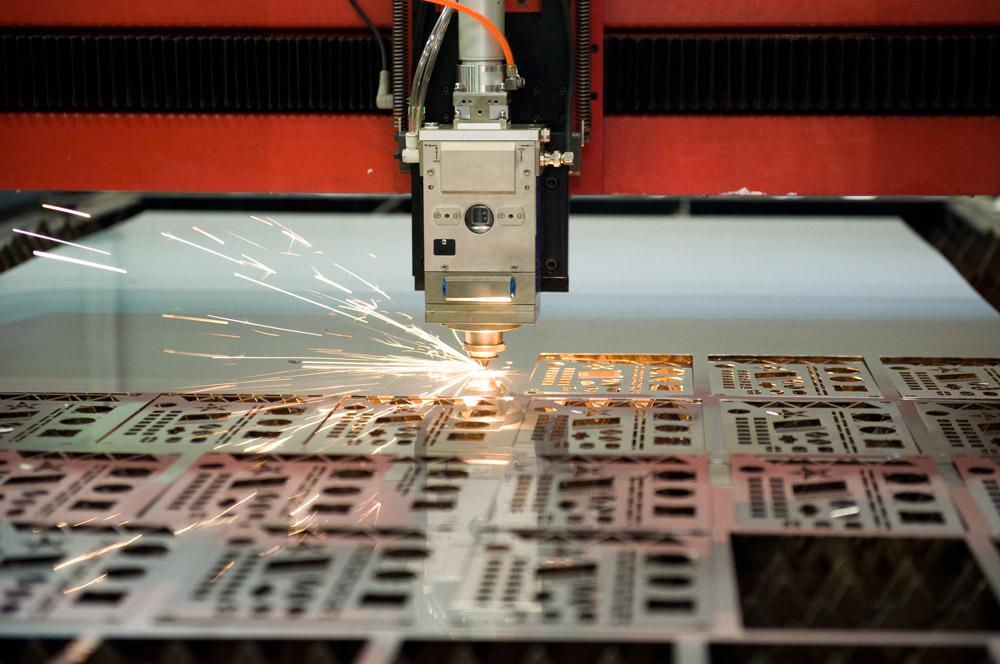The importance of accuracy in metal cutting cannot be overstated, especially in today’s highly precision-driven industries. With advancements in technology and an increasing demand for flawless products, precision has become a vital component in the manufacturing process.
Industries worldwide are increasingly recognizing how critical precise metal cutting is to their operations. Accurate metal cutting not only ensures product quality but also reduces waste and optimizes resources, leading to significant cost savings in the long run.

Why Precision Matters
Precision in metal cutting involves cutting metal with minimal deviation from the desired dimensions. This precision is crucial because even the smallest error can lead to a significant loss in functionality and safety.
For manufacturers, the accuracy of metal cutting reflects directly on their reputation and market competitiveness. By ensuring high precision, manufacturers can produce components that fit perfectly into larger assemblies, thereby enhancing product durability and performance. Check out this Precision Metal Cutting resource for more on achieving high accuracy.
Technologies Enhancing Accuracy
Modern technologies like CNC machines, laser cutting, and waterjet cutting have tremendously advanced the precision in metal cutting. These technologies allow for tighter tolerances and more intricate designs, catering to the needs of various industries such as aerospace, automotive, and medical device manufacturing.
Among these, Waterjet Metal Cutting stands out for its ability to cut almost any material while maintaining high accuracy levels, making it a popular choice among manufacturers.
The Role of Tolerances
Tolerances play an essential role in precision metal cutting. They determine the allowable deviation in a dimension, which is crucial for ensuring components fit together correctly. Understanding and setting correct tolerances is vital for achieving desired precision levels across various applications.
For further insights on tolerances, take a look at the comprehensive guide on Tolerances in Precision Cutting.
Industry Applications
Accurate metal cutting is applied across multiple sectors. In the automotive industry, it leads to efficient production of engine parts and structural frames. Meanwhile, in the healthcare sector, precise metal cutting is vital for creating life-saving devices and surgical instruments.
In the construction industry, precision ensures the integrity and durability of metal structures, proving the expansive role of accuracy in metal cutting across various fields.
Challenges and Solutions
Despite the benefits, achieving high levels of accuracy in metal cutting can be challenging. Common issues include material thickness, machine calibration, and operator expertise. However, with proper training and regular equipment maintenance, these challenges can be effectively mitigated.
Understanding different methods such as those detailed in Cutting Methods allows manufacturers to select the most suitable approach for their requirements.
Future of Metal Cutting Precision
The future of metal cutting lies in further advancements in technology and automation. As industries continue to evolve, the demand for even tighter tolerances and more complex geometries will drive innovation in cutting techniques.
With emerging technologies, the future holds promising improvements in accuracy, efficiency, and capabilities of metal cutting. Explore more about precision processes in the field through external resources like Precision Metal Cutting Guide.

FAQs
What is precision metal cutting?
Precision metal cutting refers to techniques used to cut materials to exact specifications with minimal deviation, ensuring high quality and fit.
Why is accuracy important in manufacturing?
Accuracy ensures product quality, reduces waste, optimizes resources, and maintains competitive advantage in manufacturing.
How do technologies impact metal cutting accuracy?
Technologies like CNC and laser cutting provide enhanced precision by allowing tighter tolerances and complex designs.
This article contains affiliate links. We may earn a commission at no extra cost to you.

